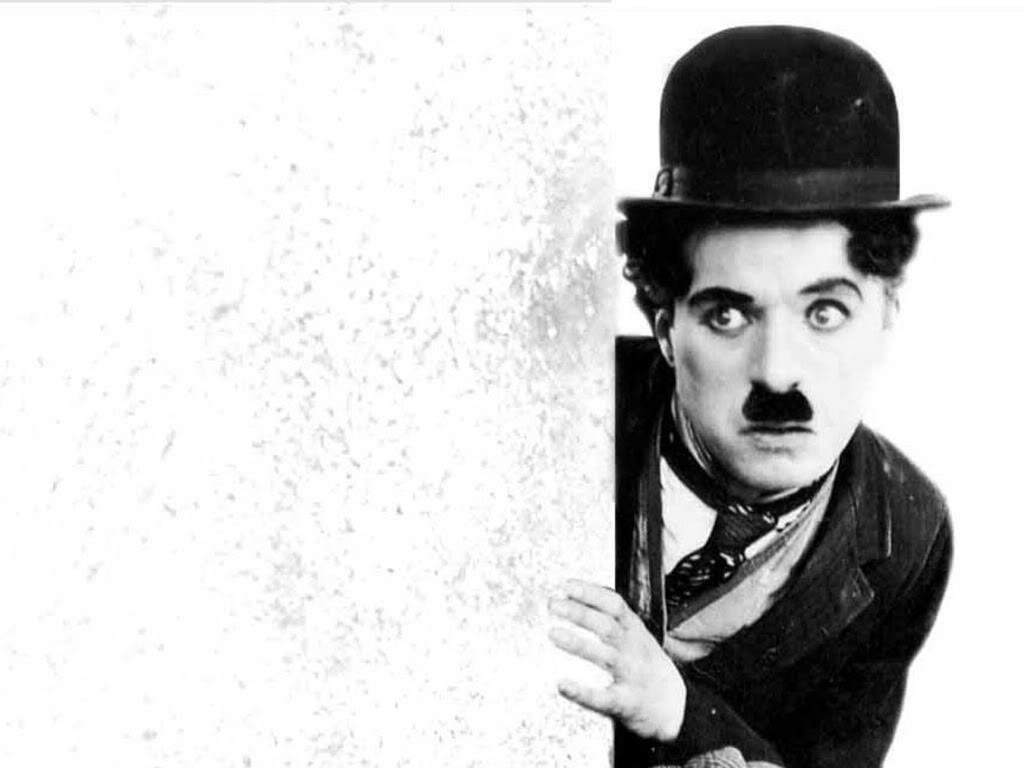
Some dates in history are ridiculously hard to remember, and require a lot of head scratching and frantic page-flipping through musty old tomes, or internet searches to find an answer to the questions like, ‘when was Napoleon born?’ It’s August 15th, 1769 (I Googled it). But some dates are iconic in and of themselves, making the events that happened on or around them, blessedly easier to remember, and adding weight to the importance of an otherwise arbitrary day. Such is the case with the 25th of December, so we decided to bring you five historic Christmas Day events that make the day even more memorable.
The birth of Isaac Newton
Sir Isaac Newton, the great discoverer of gravity after his tryst with the apple and the tree, was born on Christmas Day in 1642. While his Eureka moment was the discovery of gravity, Sir Isaac Newton was also a pioneer in the field of mathematics and optics, making tremendous contributions that have played an immense role in the development of modern-day technology—a true Christmas gift for all mankind.
The Christmas Truce of 1914
World War I was said to be the “War to End All Wars”. Borne of conflicting interests in Europe, the horrors of that conflict are remembered to this day. However, in the midst of the hail storm of bullets that fell over the trenches of France and Belgium on December 24th, 1914, here was a glimmer of hope.
On the morning of the 25th of December, 1914 there was strange stillness in the air. French, British, and German combatants crossed over into “no-man’s land” and exchanged gifts with their enemies. As the day wore on, a football match began between the two sides. At higher levels, efforts were made to hammer out a peace deal, and though they ultimately fell through, this day of peace amid bloodshed, remains a momentous example of humanity in wartime.
**media[568063]**
Apollo 8 orbits the moon
On Christmas Eve, 1968, the American-manned space station Apollo 8 entered the moon’s orbit after breaking free from the gravitational pull of the Earth. The three astronauts on board - Commander Frank Borman, Command Module Pilot James Lovell, and Lunar Module Pilot William Anders – became the first humans to travel outside the Earth’s orbit.
Apollo 8 took three days to travel to the Moon and orbited 10 times over the course of 20 hours, during which the crew made a Christmas Eve television broadcast. At the time, the broadcast was the most watched TV programme, ever. The Apollo 8 astronauts returned to Earth on December 27, 1968, when their spacecraft splashed down in the Northern Pacific Ocean. The crew was named Time magazine’s “Men of the Year” for 1968 upon their return.
Apollo 8’s successful mission paved the way for Apollo 11 to fulfil US President John F. Kennedy’s goal of putting a man on the Moon before the end of the 1960s.
The Death of Charlie Chaplin
Comedy is now embedded into popular culture, and names such as Russell Peters and Rowan Atkinson are regularly bandied around comedic circles, but the modern-day comic’s move into mainstream entertainment happened because of pioneers like Charlie Chaplin. Chaplin made appearances in a dramatically-whopping 99 films, in addition to acting as producer and screenwriter for many of them.Chaplin’s inimitable physical comedic style is one that has influenced many a modern day
funnyman.
On the 25th of December, 1977, at the age of 88, Chaplin passed away peacefully in his sleep, leaving behind a legacy of comic work that few will be able to rival.
**media[568066]**
The internet goes public
Without the internet as we know it today, there’d be no YouTube, no Facebook, no email, and most important of all, no Google. On the 25th of December, 1990, the brainiacs at the European Council for Nuclear Research or CERN, as we all know it, started the planet’s first publicly-accessible website, called info.cern.ch, paving the way for the digital world we live in today.